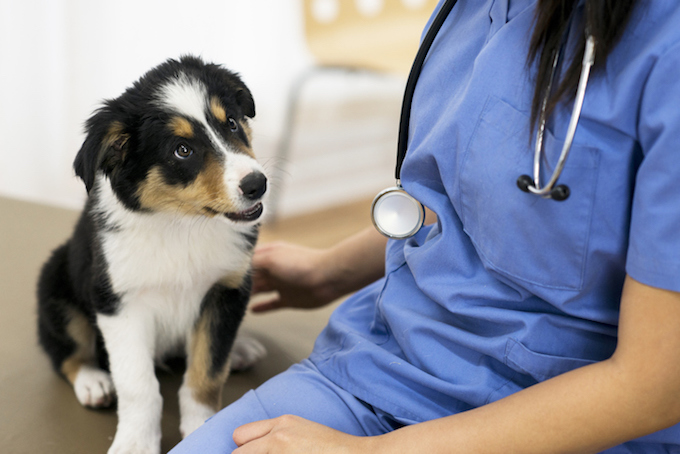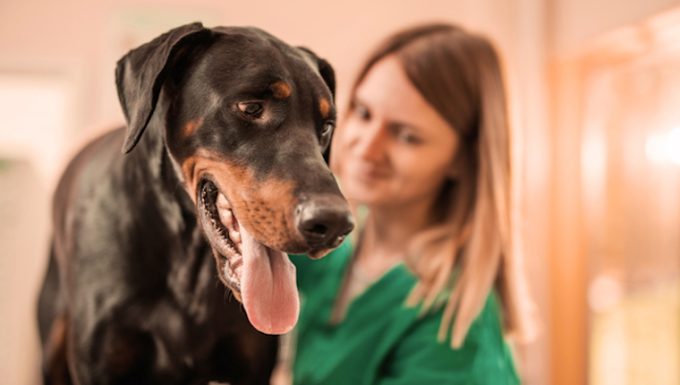Neospora caninum infection in dogs is a serious medical condition caused by a type of parasite. The condition harms a dog’s brain and spinal cord.
Generally, infected livestock spread the condition. Specifically, it’s best to avoid feeding your dog raw beef.
Technically, the condition is quite similar to toxoplasmosis in dogs.
If you see the signs of the condition in your dog, then get to a veterinarian for a proper diagnosis and treatment.
Here’s what you should know about the symptoms, causes, and treatments for the condition.
Symptoms of neospora caninum infection in dogs
The condition produces a number of symptoms. For example, some of the most common symptoms include:
- Hepatitis
- Pneumonia
- Blindness
- Tremors
- Seizures
- Back leg paralysis
- Dysphagia
- Delayed reflexes
Unfortunately, the symptoms of this condition can happen very quickly after infection.
Causes of neospora caninum infection in dogs

The cause of the condition is a parasite called Neospora caninum. For example, some of the ways a dog can become infected include:
- Eating infected meat
- Infected poop
Additionally, an infected mom dog can pass the condition on to her unborn puppies through the placenta.
Treatments for neospora caninum infection in dogs
Firstly, your vet will ask about your dog’s symptoms. Secondly, your vet will ask about any circumstances where your dog could have come into contact with the parasites.
Thirdly, your vet will carry out a full physical examination. Blood and urine tests will be taken. Additionally, your dog’s poop will need to be analyzed. Finally, samples will also need to be taken of your dog’s brain fluid and spinal fluid.
Generally, treatment involves a course of medication. For example, clindamycin is often recommended. However, this treatment is far more effective if the infection is caught early, rather than after it has developed.
As always, if your vet prescribes your dog any medicine, make sure to stick to the correct dose and frequency instructions. Also, complete the full course of medicine.
Ultimately, prevention is better than cure with this condition. So always make sure that your dog does not have access to infected meat.
Have you ever cared for a dog who suffered from this condition? How did your vet help your dog recover? Let us know in the comments section below.









